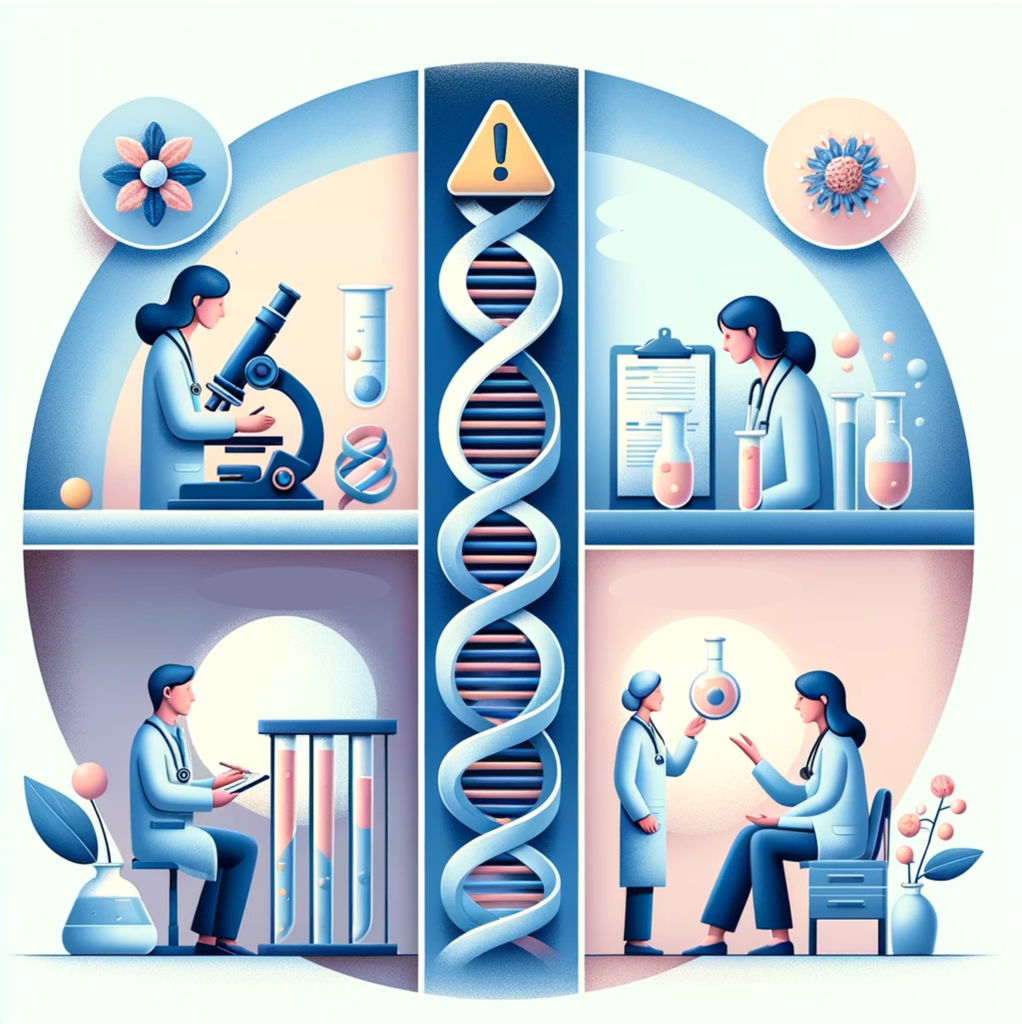
In the rapidly evolving field of pharmacogenomics, the integration of genetic testing into patient care can seem daunting. To demystify this process and enhance clinical decision-making, the ABCD model suggested by Donnelly et al offers a structured approach that helps healthcare professionals navigate the complexities of pharmacogenomic tests. This model breaks down the crucial steps—from determining the actionability of genetic information to documenting and discussing the implications with patients. Here’s a summary of the model and how to address each stage:
A for Actionability: Unleashing the Power of Genetic Insights
- Question: Are the genes clinically relevant for the patient?
- Application: Evaluate if the patient’s gene-drug pairs are supported by guidelines such as those from the Clinical Pharmacogenetics Implementation Consortium (CPIC). Only genes with established evidence should be considered actionable.
B for Be Mindful of Limitations: Navigating the Challenges with Precision
- Question: What are the caveats with pharmacogenomic test results and reports?
- Application: Understand the test’s limitations, such as the specific alleles tested and potential missing variants. This step involves checking whether the test covers all relevant variants, especially those prevalent in specific ancestries, and recognizing the importance of integrating pharmacogenomic data with other clinical information.
C for Clinical Practice Guidelines: Transforming Patient Care with Genomic Intelligence
- Question: How do you use pharmacogenomic test results to guide clinical decision-making?
- Application: Utilize established guidelines like those from CPIC to translate genotype information into actionable clinical advice. This involves interpreting the patient’s genotype to understand its impact on drug metabolism and subsequent adjustments to medication regimens.
D for Document and Discuss: Crafting a Legacy of Informed Healthcare
- Question: How do you educate the patient about their pharmacogenomic test results and document the results for future use?
- Application: Ensure that pharmacogenomic test results are properly documented in the patient’s health records for ongoing reference. Educate the patient about the significance of the test results, discussing how they affect current and future treatments. Consider genetic counseling if the results have broader implications for the patient or their family.
This model helps clinicians systematically use pharmacogenomic information to optimize patient care by considering the clinical relevance of genetic tests, recognizing their limitations, adhering to clinical guidelines, and ensuring effective communication and documentation of test results.

